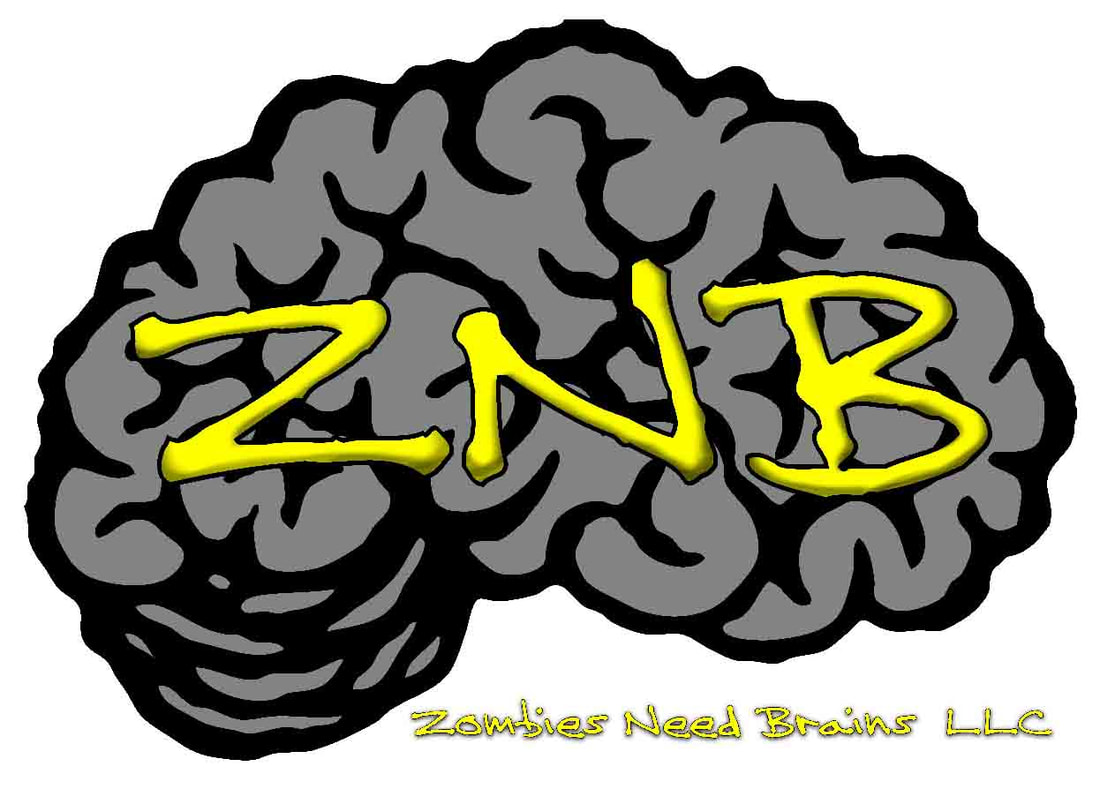|
Wow! Amazon has Lies of Descent on sale for 32% off the cover price if you pre-order it before the release date. That's a $26 hardback for $17 and some change...barely more than the kindle edition or two drinks at Starbucks these days. Now, I love my coffee (writing and coffee go tother quite nicely, thank you!), but I guarantee it will last longer and be more satisfying than those two cups of joe.
Oh, and if you've already ordered it, don't worry, Amazon will discount your previous order! Just click on the cover to the right to pre-order it now.
3 Comments
Well, the sweepstakes is over and several of you out there have emailed to let me know that you received an Advance Reader Copy. Congratulations! And a big thanks for all those who took the the time to give it a shot...and if you didn't win, release day is only 50 days away!
The great people at DAW and Penguin Random House have put together a giveaway for Lies of Descent. You have until May 31st to enter, so what are you waiting for?
I’ve heard the name, but never read anything by Neal Shusterman until now. While it is only January, I can easily see this book as being the best I read all year. The world, while fabricated into a narrow utopian future where society has essentially culminated, is intriguing because of the moral dilemmas this creates. When no one can die and there is little left to invent, what makes life worth living without the fear of death, without loss? Society must replace nature with a new mechanism. Enter the scythes and gleaning (killing). While the story says that scythes were created to control growth, the numbers do not align with what would be required for population control. I tend to see the scythes as an attempt to restore the value of life in the midst of stagnation.
One of the things that makes this book such a good read is that it forces the reader to look at death, not as a random occurrence, but as a conscious choice. The different methods Scythes use for determining who they glean is morbid, yet fascinating, providing a structured vision into the unknowable chaos behind who lives and dies...almost like bearing witness to God’s plan if you are the religious sort. The writing is superb, and the apprenticeship of Citra and Rowan is a perfect mechanism for creating deep and dynamic characters as they are forced to examine everything they feel and think about society, people, life and death. So who will like this book? While it is marketed as YA and SF (more about this in a moment), the nature of the story makes it a great read for adults and teens who are into just about any genre. I can’t think of anyone over 13 I wouldn’t enthusiastically recommend this book to...in fact I’ve already recommended it to two people that are not Science Fiction readers. Now, about the YA tag. I tend to steer away from reading YA novels, and it almost put me off of reading Scythe. It’s not because of the writing (most YA books I have read are very well written), but because I like my Science Fiction and Fantasy on the deeper and darker side. That being said, there are a lot of books initially shelved in the Science Fiction and Fantasy section that have been moved over to YA. I recently found Brandon Sanderson’s Mistborn in the YA section of a Barnes and Noble. I wouldn’t call the Mistborn series YA, but the lines have blurred so much that just about anything can be shelved with YA--especially if there is a young protagonist. On a recent YA panel at a convention I heard the words, “Write about anything, the kids can take it.” I believe the speaker, unless we are talking erotica or splatter or some such, but it is problematic when differentiating between the two subgenres. For the most part, YA tends to deal with topics like transitions, early loves, relationships, dealing with loss, identity, etc., but coming-of-age novels have typically been found in the adult section because they transition to more adult themes as they progress. Under this frame of reference, I think it better to delineate YA from adult by where the story arc ends vice where it begins. So where does that place Scythe? It certainly deals with YA topics like transition, relationships, identity, loss, and fitting into cultural norms, but it also grapples with morality, society and culture from a more mature perspective. This is especially true of the journal entries used to begin most chapters. Having not read book two, I come away from book one with the feeling that the ending has turned the corner into adulthood, and that the series could quickly progress into mostly adult themes...I’ll get back to you on the answer when I get through the series. But I will say that so far, this is the most “adult” YA I have read, and that you should go out and buy it today. In a surprise to all involved with the project, the upcoming release of my first novel populated on Amazon yesterday...umm...Merry Christmas to all and welcome to: Lies of Descent |
| "Darrow is a Red, a member of the lowest caste in the color-coded society of the future. Like his fellow Reds, he works all day, believing that he and his people are making the surface of Mars livable for future generations. Yet he toils willingly, trusting that his blood and sweat will one day result in a better world for his children. But Darrow and his kind have been betrayed. Soon he discovers that humanity reached the surface generations ago. Vast cities and lush wilds spread across the planet. Darrow—and Reds like him—are nothing more than slaves to a decadent ruling class. And so Darrow sacrifices himself in the name of the greater good for which Eo, his true love and inspiration, laid down her own life. He becomes a Gold, infiltrating their privileged realm so that he can destroy it from within." |
| "A lamb among wolves in a cruel world, Darrow finds friendship, respect, and even love—but also the wrath of powerful rivals. To wage and win the war that will change humankind’s destiny, Darrow must confront the treachery arrayed against him, overcome his all-too-human desire for retribution—and strive not for violent revolt but a hopeful rebirth. Though the road ahead is fraught with danger and deceit, Darrow must choose to follow Eo’s principles of love and justice to free his people. He must live for more." |
| "Finally, the time has come. But devotion to honor and hunger for vengeance run deep on both sides. Darrow and his comrades-in-arms face powerful enemies without scruple or mercy. Among them are some Darrow once considered friends. To win, Darrow will need to inspire those shackled in darkness to break their chains, unmake the world their cruel masters have built, and claim a destiny too long denied—and too glorious to surrender." |
Early December turned into Pierce Brown week. I tore through Red Rising, Golden Sun, and Morning Star in a few days, relishing the ups and downs of Darrow’s journey from Red to Gold...and beyond. Books one and two had been in my “to be read” pile for months--well to be honest, years. I think I picked up Red Rising at the World Fantasy Convention in 2014. But there was a reason I spent so long passing it over.
You see, at first glance, Red Rising appeared to be just one more book in the pattern of divided dystopias that have been prevalent for the last few years (Hunger Games, Divergent, etc.). I kept procrastinating because I didn’t want to read another story about how one person didn’t fit in amongst the oversimplified groups and rose up to save the day. That, and because the book was in first person, present tense.
I find it difficult to get into first person, present tense novels. While present tense creates a sense of immediacy, there are multiple challenges that can send a story spiraling into oblivion--from problems with the timing of events to reducing suspense and an inability to create deep secondary characters. Also, the redundant use of “I” can wear on the nerves.
I’m ashamed to say that Red Rising still sits in the “to be read” pile in my home office, but I happened to be in Kandahar for a couple days and spotted Red Rising in a free library. I didn’t have another book with me, so I tucked it into my pocket and gave it chance that evening. I’m so glad I did. What a fantastic series--and thank the stars that I could download books two and three on Kindle.
The premise of the book is simple. People are stratified by color with golds on top and reds at the bottom and multiple colors between. Darrow is a Red. He is a miner on mars. Everything he knows is a lie, and he must become a Gold if he wants to change things. The death of his wife is the catalyst, and a vague rebellion leader who wants to use his anger and ability is the means.
So how do I describe Red Rising without giving things away? Well it is Ender’s Game for adult readers, with unbelievably painful consequences for young men and women who fail and with a focus on the nature of society instead of weapons and tactics. Brown creates an expansive society, only to show us the barbaric nature of humanity that must be used at times to enforce structure and create a civilized society. Darrow is the means to another way, but he must conquer the solar system first.
For me, there was only one point in which the story semi-collapsed, and that was the ending of the series. When a story is first person, present tense, the protagonist is laid bare. There is no “good” method for hiding what your character is doing and thinking. If the protagonist lies to himself for no other reason than to misdirect the reader, it doesn’t work well. It creates an unreliable narrator/protagonist that in a sense breaks the fourth because he knows he has an audience.
Do not, however, let that prevent you from reading the series, because despite this shortcoming, Red Rising was quite simply the best book series I’ve read this year.
| “The war is over, and army priest Tomas Piety heads home with Sergeant Bloody Anne at his side. But things have changed while he was away: his crime empire has been stolen and the people of Ellinburg--his people--have run out of food and hope and places to hide. Tomas sets out to reclaim what was his with help from Anne, his brother, Jochan, and his new gang: the Pious Men. But when he finds himself dragged into a web of political intrigue once again, everything gets more complicated. As the Pious Men fight shadowy foreign infiltrators in the back-street taverns, brothels, and gambling dens of Tomas's old life, it becomes clear: The war is only just beginning.” |
I seem to be on a fantasy crime-boss reading binge. Priest of Bones landed on my “too read” stack when my agent mentioned fellow client Peter McLean’s work. I recently had a long flight from Oklahoma to Afghanistan, so his novel seemed perfect for making an otherwise monotonous series of take offs, waits, and landings enjoyable.
Wow...what an entertaining read. I’ve always loved fantasy on the darker, more realistic side of things. Let’s face it, there’s nothing particularly romantic or noble about hacking and stabbing at each other with a sharpened lengths of metal. Probably why I enjoyed almost everything David Gemmel ever wrote. War is dark, messy, and painful, and people will do things they’re not proud of to survive. Priest of Bones takes place right after a war, and Tomas Piety, a former crime boss, has survived enough death and destruction to look at killing in a far more practical light. When he returns from the war to see his territory taken and his aunt in a convent, he rebuilds his gang of Pious Men to take back his streets. The ensuing power struggle has all the intrigue, backstabbing, and danger of a season of the Supranos. There are a few clichés--nicknames and character types--but it wouldn’t be a mob-style story without them, and unlike the Supranos, Tomas Piety isn’t trying to fit into upper echelon society.
Don’t get me wrong, Tomas Piety isn’t amoral--it would be hard to empathize with an amoral protagonist. He has his own version of honor, and there is enough family conflict and inner turmoil to make him an intriguing character. He also has a few secrets, and those secrets are what gives the promise of a solid arc for the next couple books in the series.
As far as the setting and world goes, while not expansive, it was flushed out just as much as the story needed. There is enough magic to call the book fantasy, but like a sword or a lock pick, it’s a tool instead of a pillar supporting the plot. Last, while the setting is dark and gritty, with most people attempting to take advantage of each other in some fashion or other, there is still hope in the world that things will be better.
I’ve noticed a few comparisons of Priest of Bones with works by Joe Abercrombie, Mark Lawrence, etc., both positive and negative. Mostly the same old arguments I’ve heard in hundred other places, of what belongs in a group and what doesn’t. In this case, if it falls under grimdark fantasy or not. Well, if I grouped my novels by sub-genre, I’d put Priest of Bones with The First Law Trilogy and Prince of Thorns. Since I don’t sort my books that way, I’ll just shelve it after the Dennis L. McKeirnan novels and leave a little room after it for the next books. I’ll be buying them--and that’s about the best praise you can give an author.
Wow...what an entertaining read. I’ve always loved fantasy on the darker, more realistic side of things. Let’s face it, there’s nothing particularly romantic or noble about hacking and stabbing at each other with a sharpened lengths of metal. Probably why I enjoyed almost everything David Gemmel ever wrote. War is dark, messy, and painful, and people will do things they’re not proud of to survive. Priest of Bones takes place right after a war, and Tomas Piety, a former crime boss, has survived enough death and destruction to look at killing in a far more practical light. When he returns from the war to see his territory taken and his aunt in a convent, he rebuilds his gang of Pious Men to take back his streets. The ensuing power struggle has all the intrigue, backstabbing, and danger of a season of the Supranos. There are a few clichés--nicknames and character types--but it wouldn’t be a mob-style story without them, and unlike the Supranos, Tomas Piety isn’t trying to fit into upper echelon society.
Don’t get me wrong, Tomas Piety isn’t amoral--it would be hard to empathize with an amoral protagonist. He has his own version of honor, and there is enough family conflict and inner turmoil to make him an intriguing character. He also has a few secrets, and those secrets are what gives the promise of a solid arc for the next couple books in the series.
As far as the setting and world goes, while not expansive, it was flushed out just as much as the story needed. There is enough magic to call the book fantasy, but like a sword or a lock pick, it’s a tool instead of a pillar supporting the plot. Last, while the setting is dark and gritty, with most people attempting to take advantage of each other in some fashion or other, there is still hope in the world that things will be better.
I’ve noticed a few comparisons of Priest of Bones with works by Joe Abercrombie, Mark Lawrence, etc., both positive and negative. Mostly the same old arguments I’ve heard in hundred other places, of what belongs in a group and what doesn’t. In this case, if it falls under grimdark fantasy or not. Well, if I grouped my novels by sub-genre, I’d put Priest of Bones with The First Law Trilogy and Prince of Thorns. Since I don’t sort my books that way, I’ll just shelve it after the Dennis L. McKeirnan novels and leave a little room after it for the next books. I’ll be buying them--and that’s about the best praise you can give an author.
| "Jade is the lifeblood of the island of Kekon. It has been mined, traded, stolen, and killed for -- and for centuries, honorable Green Bone warriors like the Kaul family have used it to enhance their magical abilities and defend the island from foreign invasion. Now, the war is over and a new generation of Kauls vies for control of Kekon's bustling capital city. They care about nothing but protecting their own, cornering the jade market, and defending the districts under their protection. Ancient tradition has little place in this rapidly changing nation. When a powerful new drug emerges that lets anyone -- even foreigners -- wield jade, the simmering tension between the Kauls and the rival Ayt family erupts into open violence. The outcome of this clan war will determine the fate of all Green Bones -- from their grandest patriarch to the lowliest motorcycle runner on the streets -- and of Kekon itself." |
Crime families, clan honor, martial arts and magic...all meshed together in an otherworld, semi-modern wuxia fantasy. What’s not to love about this?
Fonda Lee layers Janloon, otherwise known as Jade City, with the nostalgia of an imagined post-world war island colony, complete with epic legends, a believable caste system, and well-defined traditions. The setting, in all its rich and wonderful detail, is exciting and refreshing. The slow-burning political intrigue, coupled with the promise of the mob war and violence to come, that surround the No Peak clan keep the pages turning as the reader is pulled inexorably toward the showdown between the Kaul and Ayt families.
The stakes are high, having world-wide implications beyond the island of Kekon, and the characters are dynamic, flawed and believable. While there are sacrifices and death, the world isn’t dark, with plenty of hope for the future, and it is a pleasure watching Kekon society teeter on the cusp of becoming something more, something greater, if the Kauls win, versus something more sinister and ruthless if the Ayt family wins.
So, who will love this book? Everyone but the most diehard, epic fantasy fans stuck on more traditional storylines. You also have to give this story time to build. The action is not fast-paced until the latter third of the book, although the opening treats the reader to a glimpse of the Green Bone magic before beginning its slow build toward open war. The payoff, however, is worth the reader’s patience, and it’s easy to see why Jade City has been nominated for multiple awards. All-in-all Jade City is a refreshing deviation from pseudo-European fantasy.
You, yes, YOU, can get your hands on the three newest anthologies released by ZNB TODAY! Stop by Amazon, Barnes & Noble, Kobo, the ZNB online store, or any of a bunch of ebook platforms and order your copy now! Here's a quick tagline and list of contributing authors for each, along with some handy links. Go forth and BUY, READ, and REVIEW!
THE RAZOR'S EDGE: Military SF&F playing with the fine line between rebellion and insurgency. Featuring stories by Blake Jessop, William C. Dietz, Db Jackson, Gerald Brandt, Sharon Goza, Walter H. Hunt, Sharon Lee & Steve Miller, Kay Kenyon, Steve Perry, Seanan McGuire, Christopher Allenby, Chris Kennedy, L.E. Modesitt, Jr., Alexander G. R. Gideon, Brian Hugenbruch, and Y.M. Pang.
Kindle: https://www.amazon.com/gp/product/B07CT9ZBWN/ref=as_li_tl…
Nook: https://www.barnesandnoble.com/w/the-razors-edg…/1030147402…
Trade Paperback: https://www.amazon.com/gp/product/1940709229/ref=as_li_tl…
GUILDS & GLAIVES: Sword & sorcery anthology featuring guilds! Featuring stories by Lawrence Harding, Howard Andrew Jones, Esther Friesner, Rhondi Salsitz, Gini Koch, Violette Malan, Leah Nardo, David Farland, Russ Nickel, Ashley McConnell, Db Jackson, James Enge, Jason Palmatier, and Amelia Sirina.
Kindle: https://www.amazon.com/gp/product/B07CT61B28/ref=as_li_tl…
Nook: https://www.barnesandnoble.com/w/guilds-glaives…/1128586498…
Trade Paperback: https://www.amazon.com/gp/product/1940709202/ref=as_li_tl…
SECOND ROUND: A RETURN TO THE UR-BAR: Urban fantasy featuring a time-shifting bar tended by Gilgamesh. Featuring stories by Russ Nickel, Phyllis Irene Radford, Kari Sperring, Jean Marie Ward, Gini Koch, Jacey Bedford, William Leisner, Garth Nix, Diana Pharaoh Francis, David Keener, Mike Marcus, Kristine Smith, Aaron M. Roth, and Juliet E McKenna.
Kindle: https://www.amazon.com/gp/product/B07CW62HH5/ref=as_li_tl…
Nook: https://www.barnesandnoble.com/w/second-round-j…/1128610268…
Trade Paperback: https://www.amazon.com/gp/product/1940709180/ref=as_li_tl…
Kindle: https://www.amazon.com/gp/product/B07CT9ZBWN/ref=as_li_tl…
Nook: https://www.barnesandnoble.com/w/the-razors-edg…/1030147402…
Trade Paperback: https://www.amazon.com/gp/product/1940709229/ref=as_li_tl…
GUILDS & GLAIVES: Sword & sorcery anthology featuring guilds! Featuring stories by Lawrence Harding, Howard Andrew Jones, Esther Friesner, Rhondi Salsitz, Gini Koch, Violette Malan, Leah Nardo, David Farland, Russ Nickel, Ashley McConnell, Db Jackson, James Enge, Jason Palmatier, and Amelia Sirina.
Kindle: https://www.amazon.com/gp/product/B07CT61B28/ref=as_li_tl…
Nook: https://www.barnesandnoble.com/w/guilds-glaives…/1128586498…
Trade Paperback: https://www.amazon.com/gp/product/1940709202/ref=as_li_tl…
SECOND ROUND: A RETURN TO THE UR-BAR: Urban fantasy featuring a time-shifting bar tended by Gilgamesh. Featuring stories by Russ Nickel, Phyllis Irene Radford, Kari Sperring, Jean Marie Ward, Gini Koch, Jacey Bedford, William Leisner, Garth Nix, Diana Pharaoh Francis, David Keener, Mike Marcus, Kristine Smith, Aaron M. Roth, and Juliet E McKenna.
Kindle: https://www.amazon.com/gp/product/B07CW62HH5/ref=as_li_tl…
Nook: https://www.barnesandnoble.com/w/second-round-j…/1128610268…
Trade Paperback: https://www.amazon.com/gp/product/1940709180/ref=as_li_tl…
Troy Carrol Bucher
Reader, Writer, Runner in Southwest Oklahoma... recent addition to the DAW family.
Archives
July 2019
June 2019
May 2019
April 2019
January 2019
December 2018
November 2018
October 2018
June 2018
May 2018
March 2018
January 2018
November 2017
October 2017
September 2017
Categories
All
Crushing Books
Crushing News
Fallen God's War
Lies Of Descent
ZNB Submissions
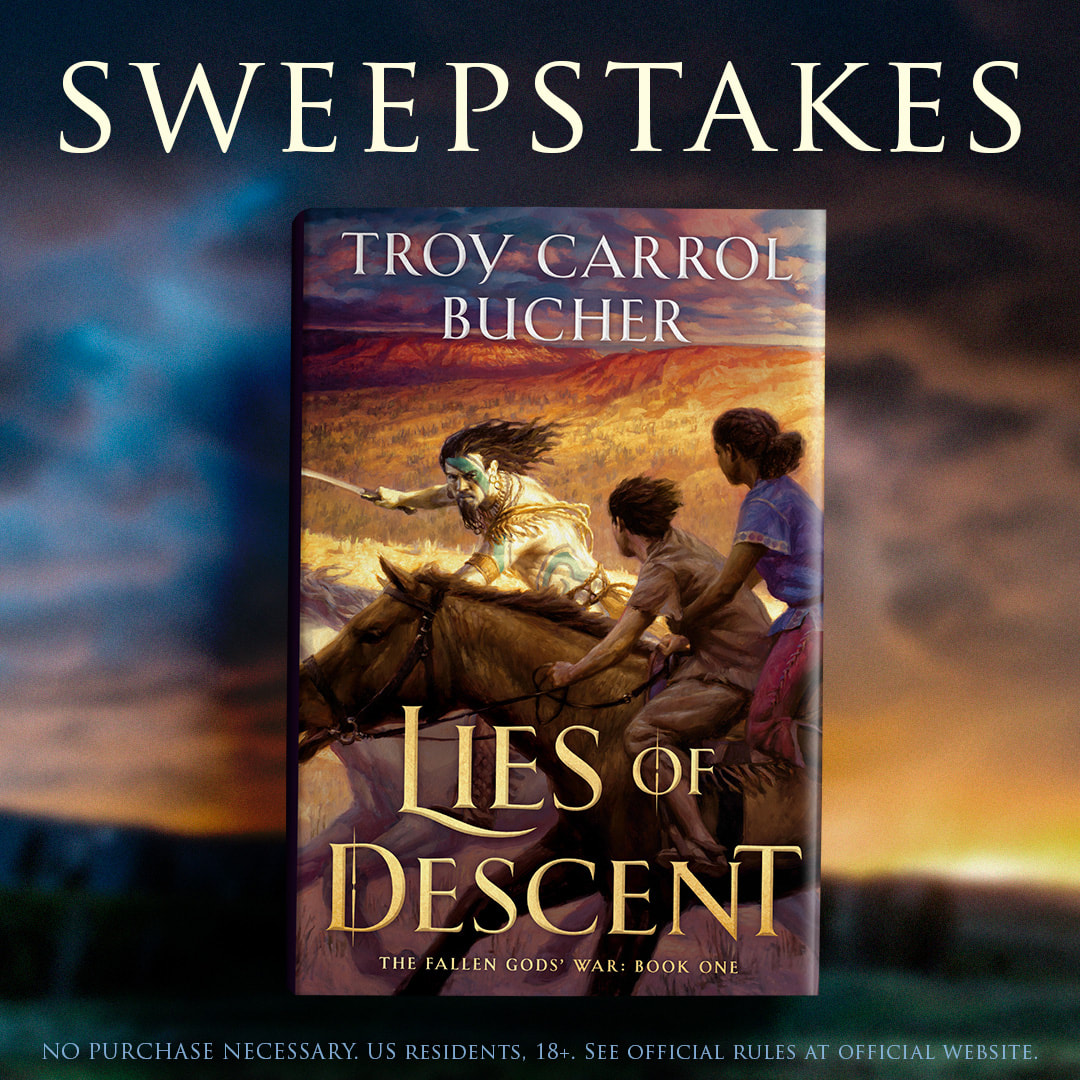
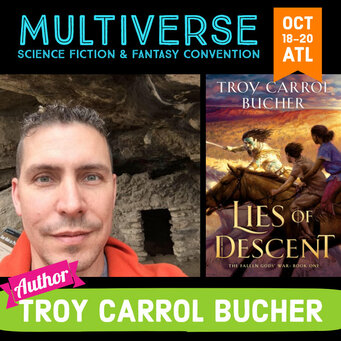
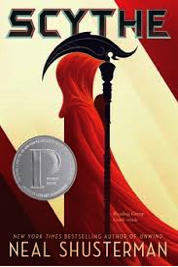
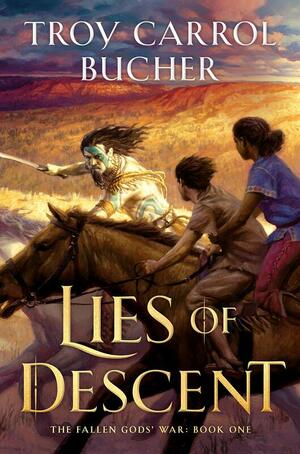
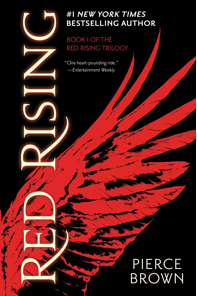
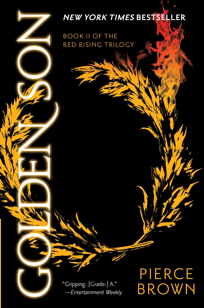
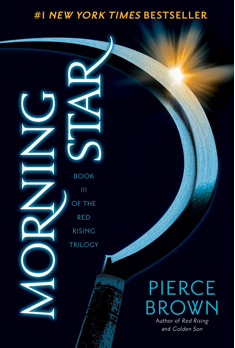
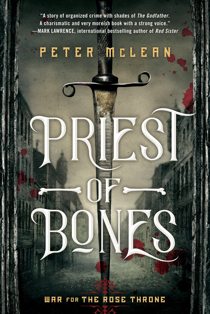
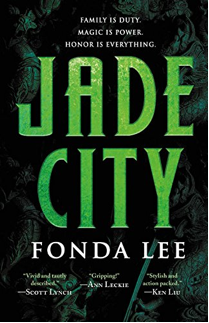
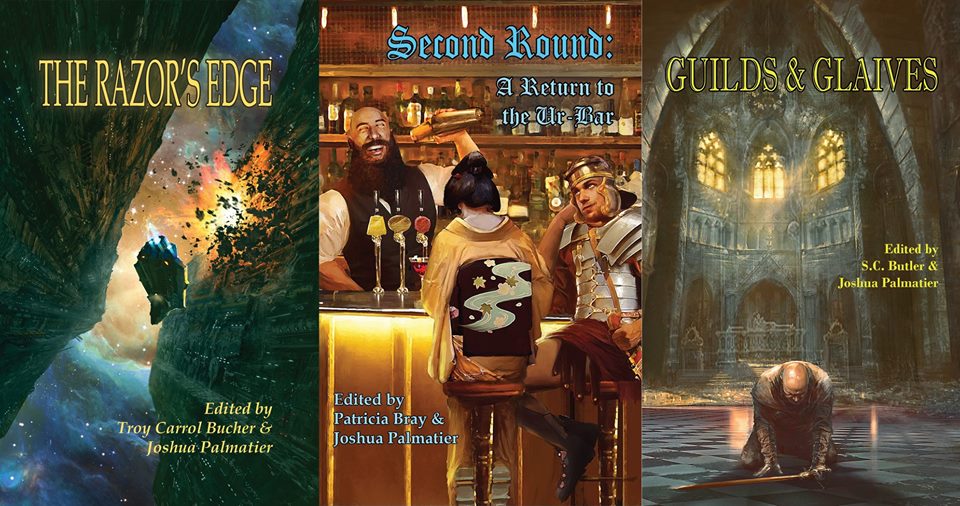

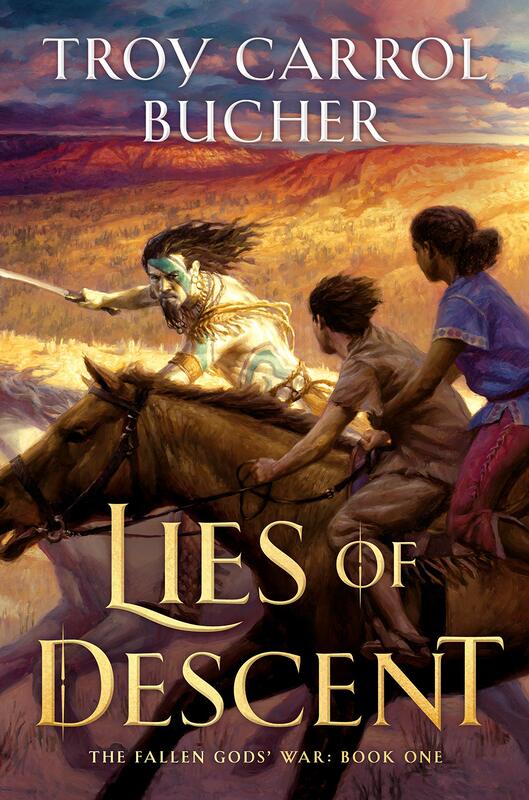
 RSS Feed
RSS Feed

